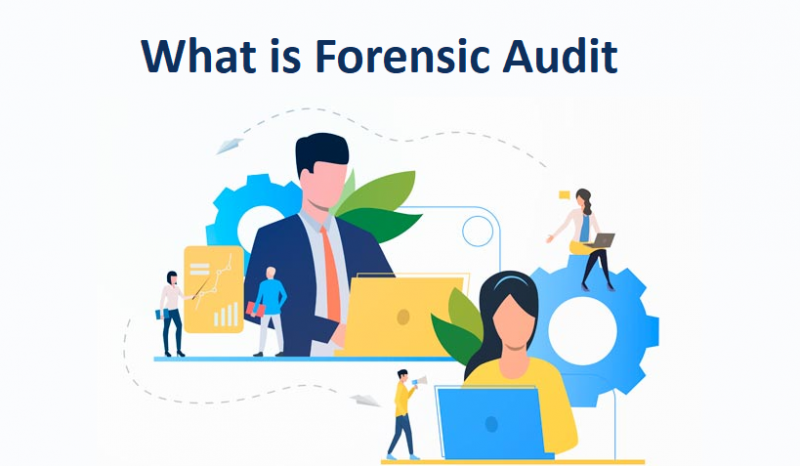Forensic Audit
A forensic audit examines and analyses a company’s or an individual’s financial records in order to use them as evidence in court or in legal proceedings. It provides as a foundation for proving commercial fraud in a high-risk setting. Expert knowledge of accounting and auditing methods, as well as expert knowledge of the legal framework of such an audit, are required for forensic audits. To make financial records more dependable, a forensic audit might be intended to prosecute a party for fraud, embezzlement, or other financial claims. In the accounting industry, forensic auditing is a specialty, and most big accounting firms include a forensic auditing department.
To reduce corporate fraud, forensic audits involve a wide range of investigative tasks. For example, throughout the course of a forensic audit, the auditor may be brought in to testify as an expert witness in court. Forensic audits may also include situations that aren’t related to financial wrongdoing, such as disputes over bankruptcy filings, business closures, and divorces. It entails meticulous job planning for documenting, determining, and calculating analyses.
Various kinds of forensic auditing
Various sorts of forensic auditing might take place, and they’re usually classified by the judicial procedures they pertain to. The following are some of the most common examples:
- Theft of money (customers, employees or outsiders)
- Theft of securities
- Bankruptcy
- Failure to pay a loan
- Economic losses (various types of lawsuits to recover damages)
- Lawsuits involving mergers and acquisitions
- Fraud or tax evasion
- Disputes over corporate value
- Claims for professional negligence
- Laundering of funds
- Information about your privacy
- Procedures for divorce
What is the purpose of a forensic audit?
The forensic audit plays a critical role in supporting corporations in maintaining efficiency and quality by prioritising rapid discovery, prevention, and regulation over corporate fraud and favouring due inquiry. The forensic audit process is comparable to that of a standard financial audit in that it involves planning, obtaining evidence, and drafting a report, but it also includes the possibility of appearing in court.
On the more extensive dimensions, forensic audit, as a joint effort of accounting and investigation, fulfils all five E’s of good governance. It encourages businesses to evolve and mature into practical, efficient, accessible, empowered, and equitable organisations. Multiple forms of illegal tasks can be discovered or confirmed by forensic audit investigations. When there’s a chance that the proof gathered will be used in court, a forensic audit is usually chosen over a conventional audit
The following are some of the reasons why doing a forensic audit is required:
The following are the reasons why forensic audit is required:
- When a fraudster exploits their power to benefit themselves at the expense of the firm. A conflict of interest is what it’s called. It is ambiguous if the manager is purchasing products from a relative and invoicing them.
- Bribery is the act of offering or obtaining money or any other item in exchange for getting things done and governing a situation in one’s favour.
- Extortion is defined as an address or message aggressively urging someone to accomplish something.
The forensic audit’s sources
Under the following headings, the specific position of laws and regulations addressing corporate fraud and also aiding in attaining forensic audit would be considered:
- Indian laws
- Information technology and business laws
- International laws
- UK bribery act
- US foreign corrupt practices act
- ICSI anti-bribery code.

